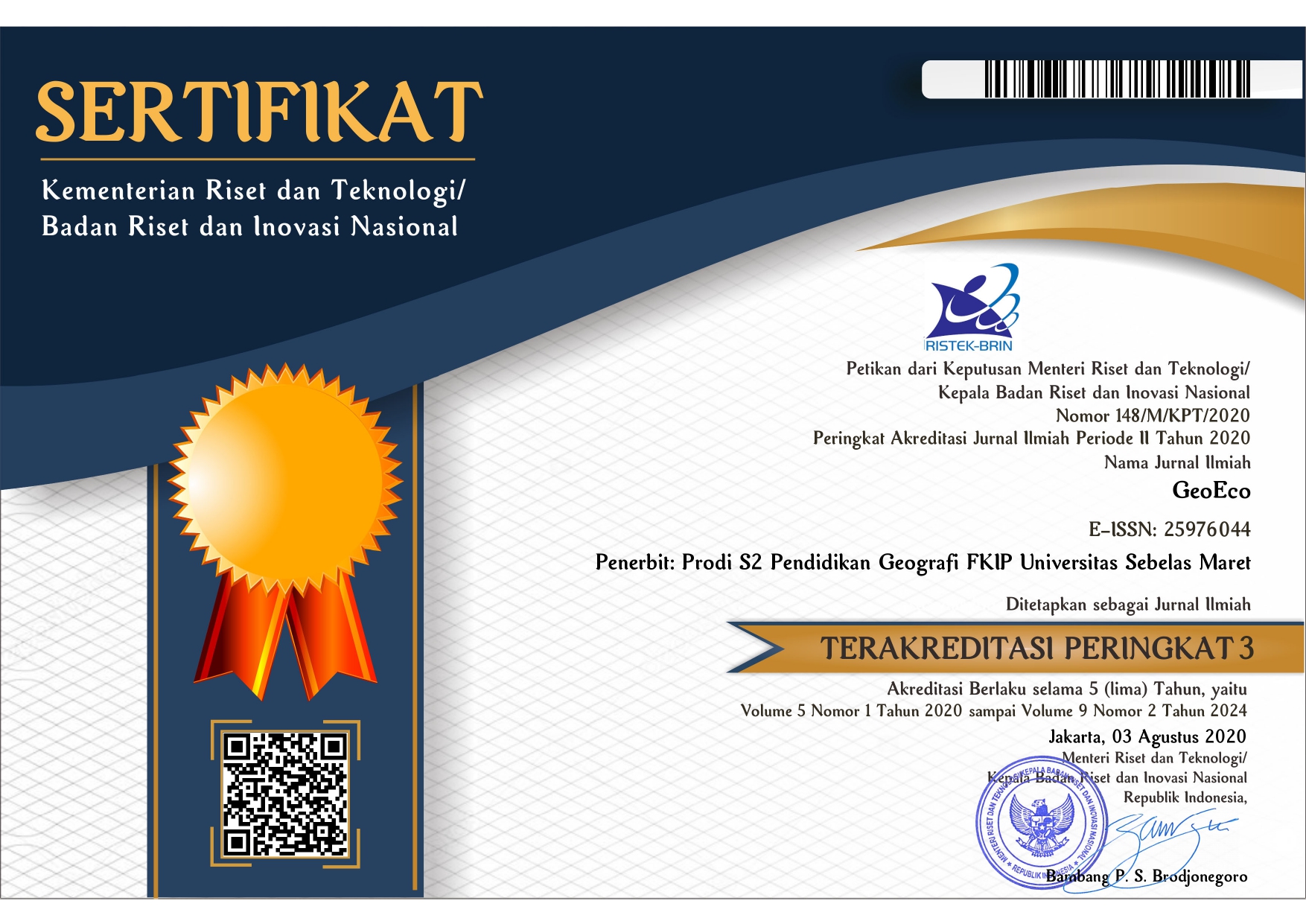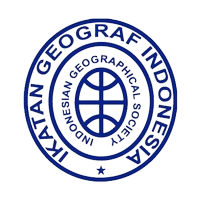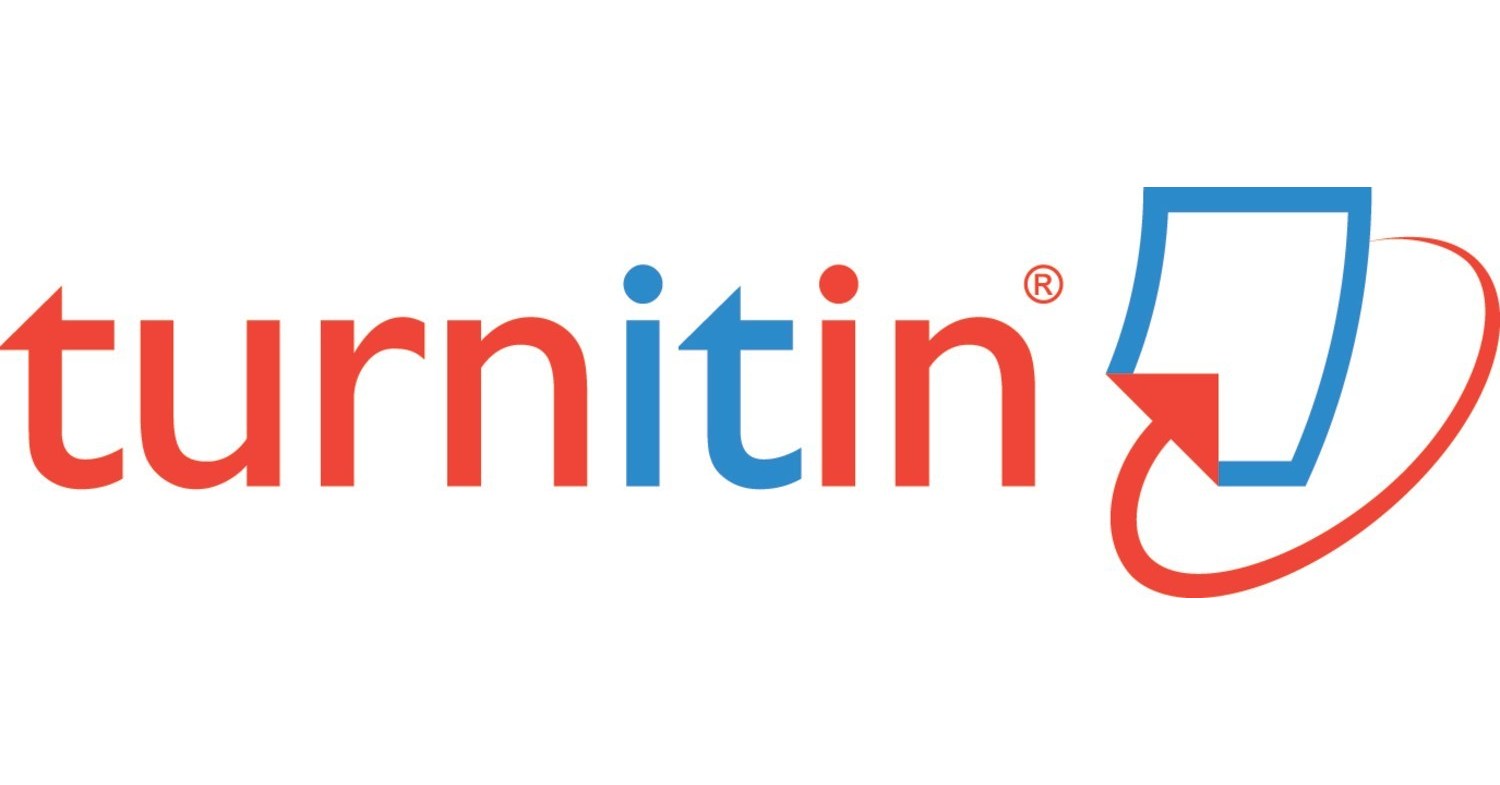APPLICATION OF THE LIGEKA_21 MODEL TO DEVELOP 21ST-CENTURY SKILLS FOR STUDENTS IN LEARNING GEOGRAPHY IN HIGH SCHOOL
Abstract
21st Century learning skills are essential. In the revision of the 2013 curriculum in 2017, it has been explicitly stated that 21st-century skills introduced with the term 4 C (Critical thinking and problem solving, creativity and innovation, communication skills and collaboration skills) are used as an orientation in learning at school. To improve students' 21st Century Skills in Social Studies learning, a learning model called the LIGEKA_21 was developed. The results of his research show that the use of the LIGEKA_21 model can significantly improve 21st-century skills (4C) for both students in the high school group and the middle and lower group schools. Prominent results include high enthusiasm for learning, active and creativity in producing learning outputs, posters of critical and creative teaching materials, poetry based on social studies teaching materials, high mastery of social studies knowledge, development of communication skills and skills and collaboration. The results of this good research need to be developed more broadly, not only in junior high schools but also need to be developed in senior high schools. Good learning outcomes implemented using face-to-face (offline) patterns are not necessarily suitable in the Covid-19 era, which are carried out with online learning patterns, so they must be developed or adapted based on e-learning. Based on these conditions, this research will develop an online learning pattern based on the LIGEKA 21 model, which will then be compared with the LIGEKA_21 model with face-to-face (offline) learning patterns in high school.
Keywords
Full Text:
PDFReferences
AMA. 2012. Critical Skills Survey.
Creswell., John W. 2014. Research Design : Qualitative, Quantitative, and Mixed Methods Approaches. California: SAGE Publications, Inc.
Galani, Lia. 2016. “Geo-Literacy as the Basis of the Building of Cultural Identity.” European Journal of Geography 7(1):17–23.
Kementrian Pendidikan dan Kebudayaan. 2017. Panduan Implementasi Kecakapan Abad 21 Kurikulum 2013 Di Sekolah Menengah Atas.
Lemke Cheryl. 2003. The 21st Century Skills Digital Literacies for a Digital Age. Vol. 16.
Malik, Ranbir Singh. 2018. “Educational Challenges in 21St Century and Sustainable Development.” Journal of Sustainable Development Education and Research 2(1):9. doi: 10.17509/jsder.v2i1.12266.
Safri, Umi Syahira Aini, and Khairul Azhar Jamaludin. 2022. “PAK 21 Skills and The Challenges of Its Integration During Teaching and Facilitation Session (PDPC).” International Journal of Academic Research in Progressive Education and Development 11(4). doi: 10.6007/ijarped/v11-i4/15031.
Sugiyanto. 2020. “Pengembangan Model Pembelajaran IPS SMP Berbasis Literasi Geografi Untuk Peningkatan Keterampilan Abad 21.” Universitas Pendidikan Indonesia.
Sugiyanto, S., E. Maryani, and M. Ruhimat. 2018. “A Preliminary Study on Developing Geography Literacy Based on Social Studies Learning Model to Improve Teachers 21st Century Skills.” IOP Conference Series: Earth and Environmental Science 145(1). doi: 10.1088/1755-1315/145/1/012062.
Whorton, Ryan, Alex Casillas, Frederick L. Oswald, and Amy Shaw. 2013. “Critical Skills for the 21st Century Workforce.” Etica e Politica 15(1):583–605. doi: 10.1093/acprof.
Refbacks
- There are currently no refbacks.












.png)

